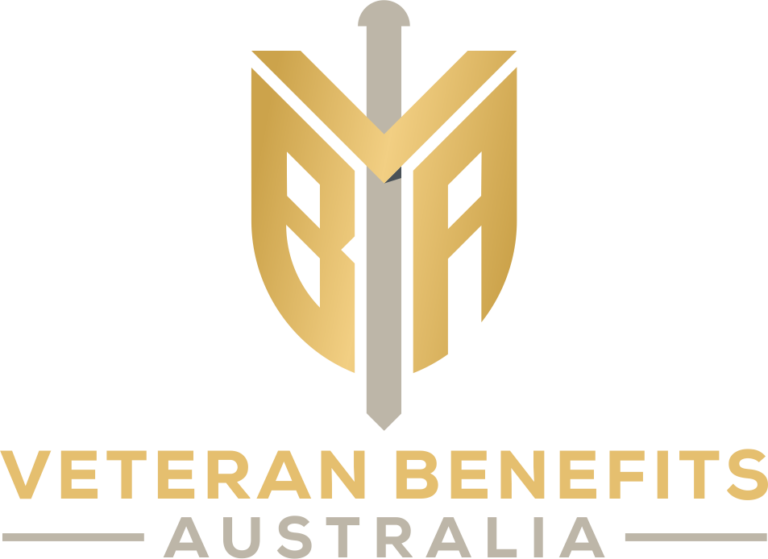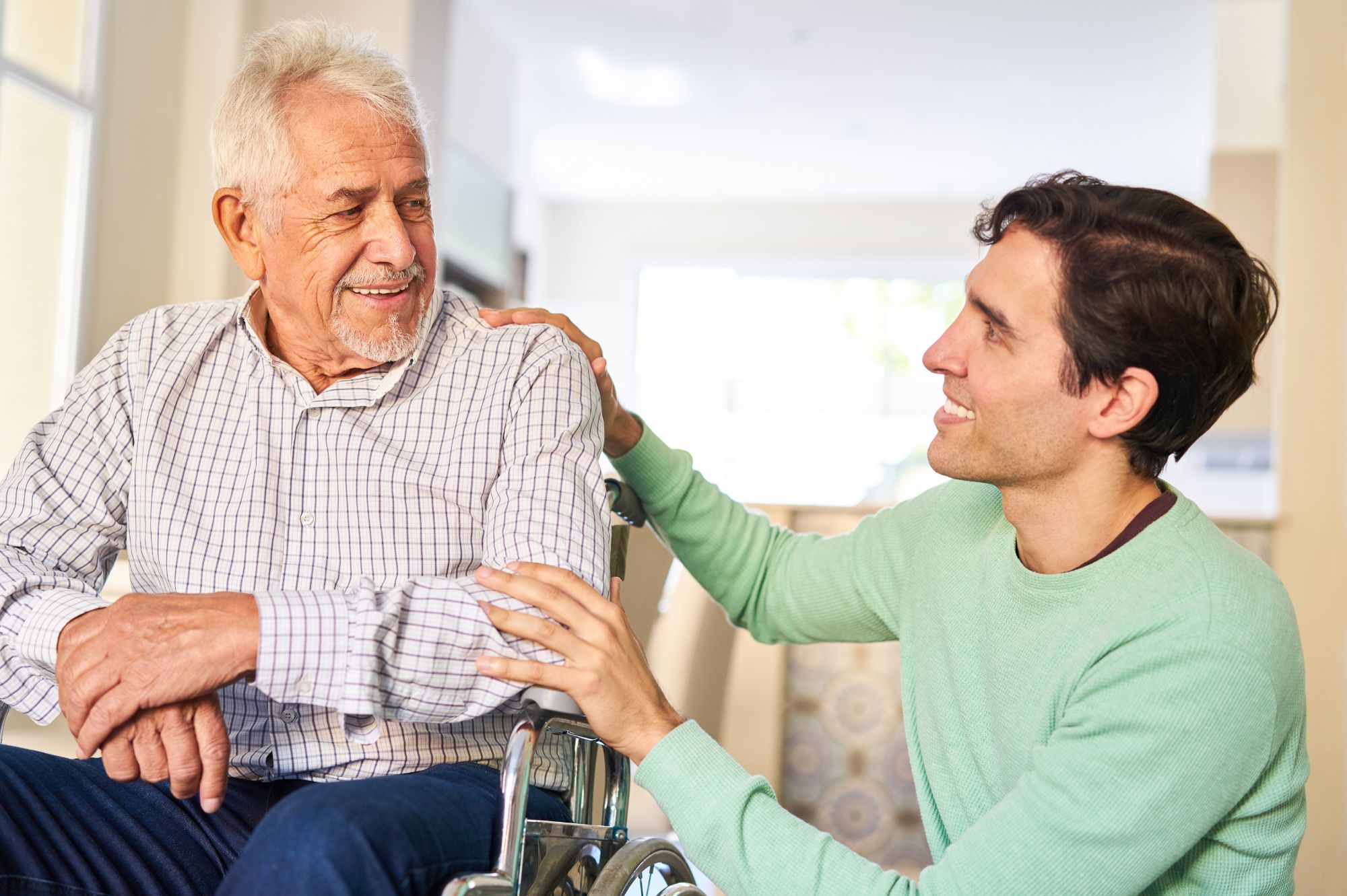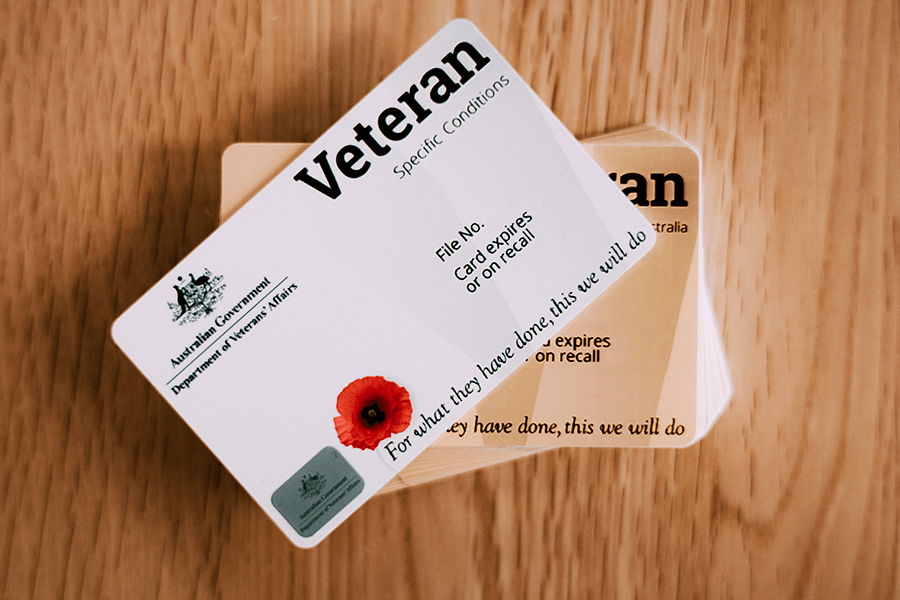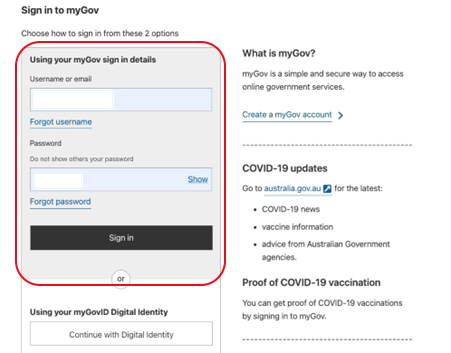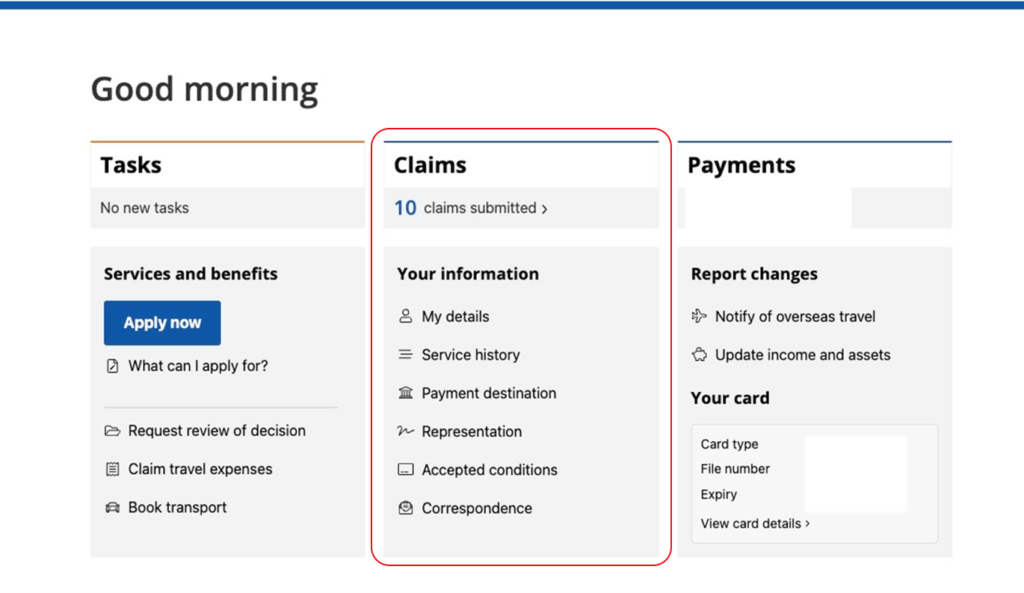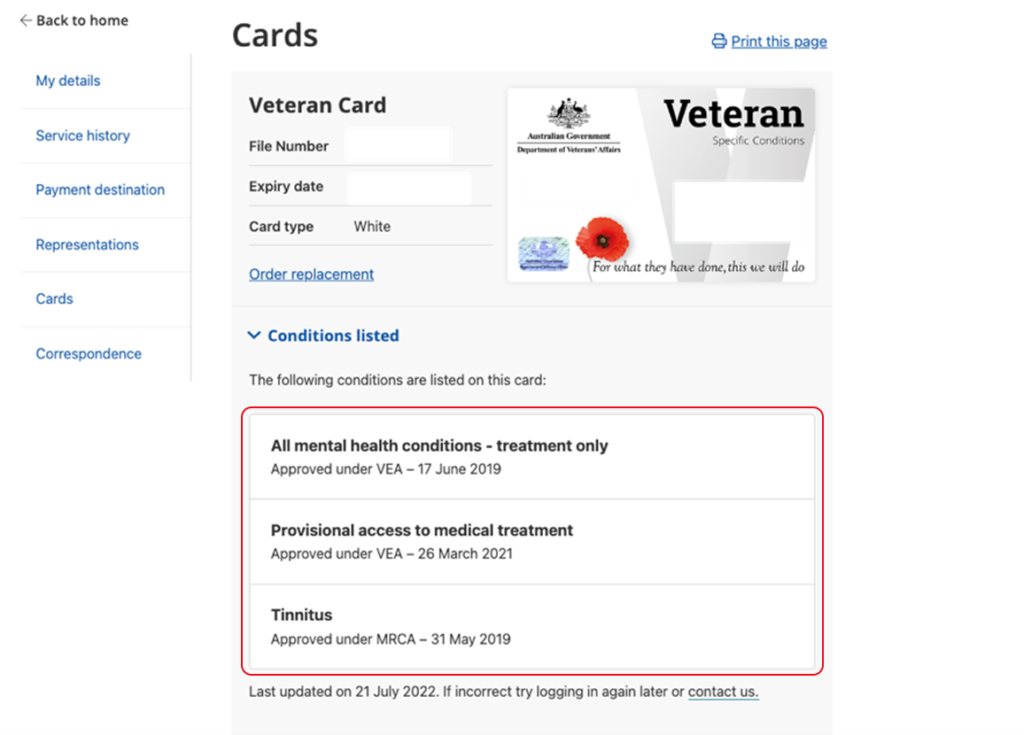The challenges faced by veterans go beyond the physical injuries they may have incurred during their service. Many veterans grapple with post-traumatic stress disorder (PTSD), a mental health condition that can significantly impact their well-being. In this article, we will delve into the complex relationship between PTSD and physiotherapy and how a holistic approach to veteran care is essential in addressing both physical and emotional aspects of recovery.
Understanding PTSD and Its Physical Impact
PTSD is a mental health condition that can develop after a person has experienced a traumatic event. For veterans, the traumatic events they have witnessed or directly experienced during their service can lead to the onset of PTSD. Common symptoms of PTSD include:

- Flashbacks and intrusive memories
- Nightmares
- Severe anxiety and distress
- Mood swings
- Social withdrawal
- Hyperarousal (a heightened state of alertness)
- Avoidance of reminders of the trauma
While PTSD is primarily a mental health issue, it also has a physical impact. The intense stress response associated with PTSD can lead to various physical symptoms, including:
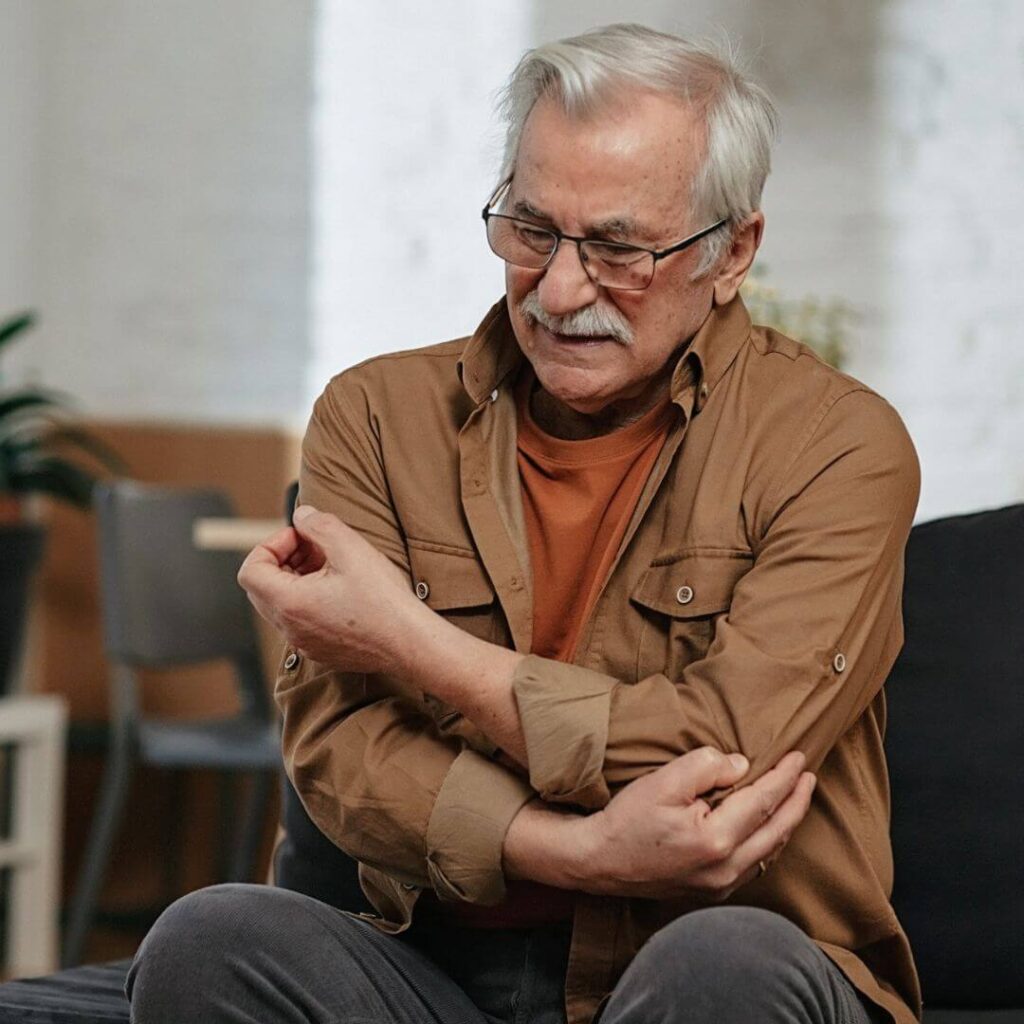
- Muscle tension
- Gastrointestinal problems
- Sleep disturbances
- Headaches
- Chronic pain
- Increased risk of cardiovascular issues
The Holistic Approach of Physiotherapy
Physiotherapy takes a holistic approach to healthcare, addressing not just the physical aspects of a patient’s condition but also their emotional well-being. This approach is particularly valuable when it comes to veterans dealing with PTSD.
Here’s how physiotherapy addresses both the physical and emotional aspects of PTSD:

Building a Trusting Relationship
Veterans may have difficulty opening up about their PTSD. Physiotherapists create a safe and supportive environment where trust can be established. A strong patient-therapist relationship is vital for addressing both physical and emotional issues.
Physical Techniques for Stress Reduction
Physiotherapy offers a range of physical techniques that can help reduce the physical symptoms of stress, such as muscle tension and chronic pain. These techniques include massage, manual therapy, and relaxation exercises.
Exercise and Mood Regulation
Exercise is known to have a positive impact on mood. Physiotherapists work with veterans to develop exercise programs that not only improve physical health but also contribute to a better emotional state. Regular physical activity releases endorphins, which can help combat depression and anxiety.
Gait and Posture Training
Veterans with PTSD often exhibit tense body language and guarded postures. Physiotherapists can work with them to improve their gait, posture, and physical self-confidence, helping them feel more in control of their bodies.


Relaxation and Breathing Techniques
Physiotherapists teach relaxation and breathing techniques to help veterans manage stress and anxiety. These techniques can be employed both during therapy sessions and in daily life.
Collaboration with Mental Health Professionals
Physiotherapists often collaborate with mental health professionals, including psychologists and psychiatrists, to provide comprehensive care for veterans with PTSD. This collaborative approach ensures that all aspects of the veteran’s well-being are addressed.
Therapeutic Techniques for PTSD Management
Physiotherapists employ various therapeutic techniques to help veterans manage their PTSD. Some of these techniques include:

Cognitive-Behavioral Therapy (CBT)
CBT is a widely recognized approach for managing PTSD. Physiotherapists can incorporate elements of CBT into their sessions to help veterans reframe negative thought patterns and manage anxiety.
Exposure Therapy
Controlled exposure to situations or stimuli that trigger PTSD symptoms can be part of physiotherapy treatment. Gradual exposure can help desensitize veterans and reduce the impact of their trauma triggers.
Stress-Reduction Strategies
Physiotherapists work with veterans to identify stressors in their daily lives and develop strategies for managing them. This can include time management, relaxation techniques, and coping mechanisms.
Sleep Management
Sleep disturbances are common in veterans with PTSD. Physiotherapists can provide guidance on improving sleep hygiene and techniques for better sleep.
Goal Setting and Achievement
Setting and achieving physical goals can boost self-esteem and a sense of accomplishment. Physiotherapists help veterans set realistic goals and celebrate their achievements.

The Holistic Approach of Physiotherapy
Case Studies: Veterans’ Journeys to Recovery
Real-life stories of veterans who have successfully managed their PTSD with the help of physiotherapy highlight the effectiveness of this holistic approach:
Case Study 1: James’s Transformation
James, a combat veteran, experienced severe PTSD symptoms after returning from service. He had difficulty sleeping, was constantly on edge, and suffered from chronic pain. James began physiotherapy sessions that included relaxation exercises, manual therapy for pain management, and exercise to release endorphins. Over time, his sleep improved, and he reported a significant reduction in his PTSD symptoms.
Case Study 2: Sarah’s Path to Healing
Sarah, a former military medic, faced PTSD from her experiences on the battlefield. Her physiotherapy sessions focused on exposure therapy and stress-reduction techniques. With the support of her physiotherapist and mental health professionals, she learned to cope with her trauma triggers and regain control over her life.
Collaborative Care: Working with Mental Health Professionals
Collaboration between physiotherapists and mental health professionals is key to a holistic approach in veteran care. Together, they can address both the physical and emotional aspects of PTSD. The benefits of this collaborative care include:
- A comprehensive assessment of the veteran’s needs.
- A combined treatment plan that considers both physical and mental health.
- A support network for veterans as they navigate their path to recovery.
- A more efficient and effective approach to managing PTSD.
PTSD is a complex and challenging condition that affects many veterans. The holistic approach of physiotherapy is a valuable resource in their journey to recovery. By addressing both the physical and emotional aspects of PTSD, physiotherapists play a crucial role in helping veterans regain control over their lives.
Through physical techniques for stress reduction, exercise programs, and collaborative care with mental health professionals, physiotherapy offers a comprehensive approach to PTSD management. For veterans seeking a path to healing and recovery, the holistic care provided by physiotherapists is a beacon of hope in their journey towards reclaiming their lives.
